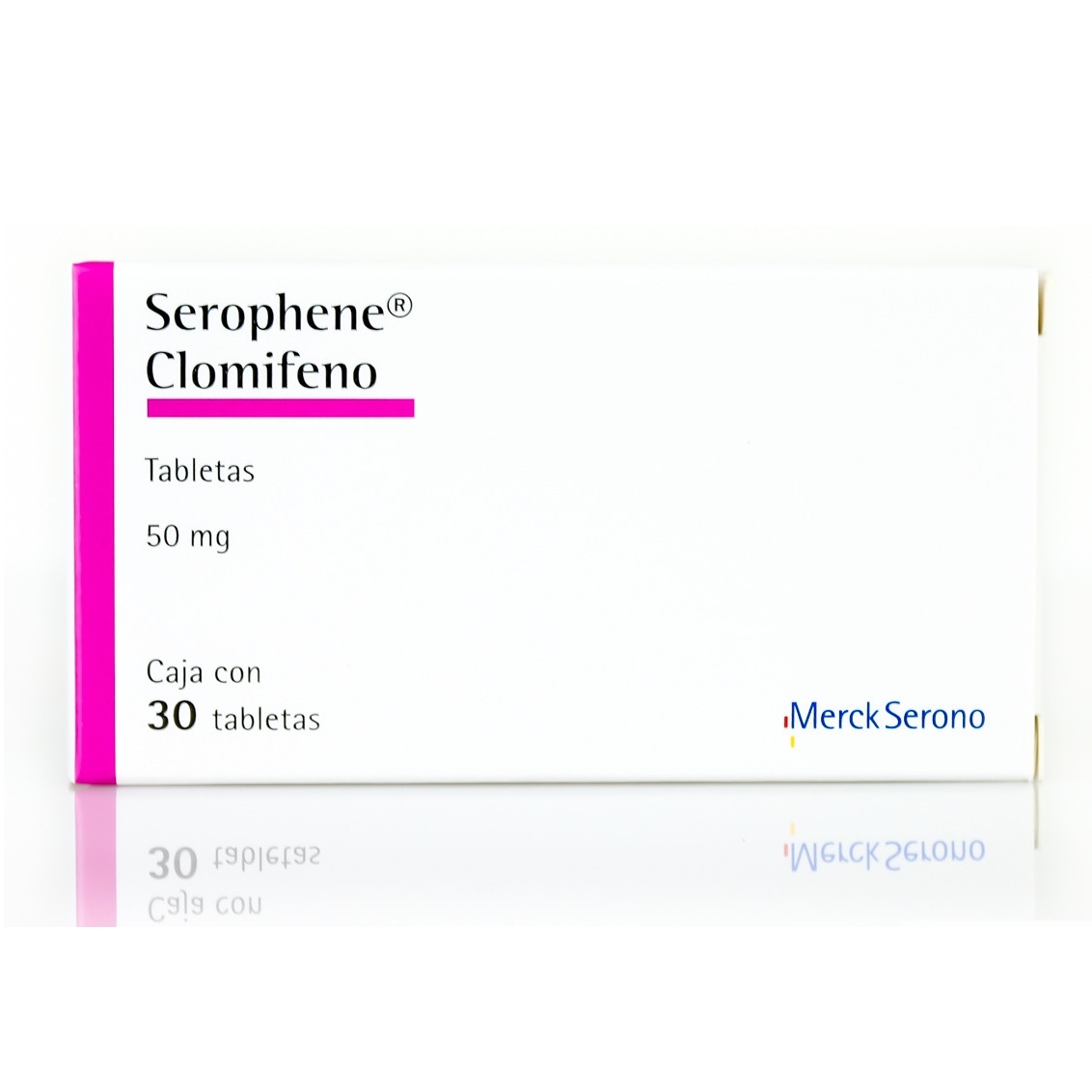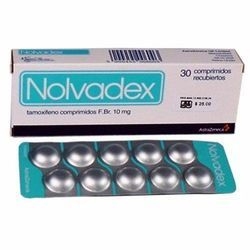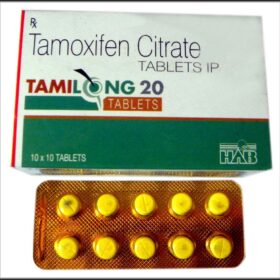- Your cart is empty
- Continue Shopping

Product
1. Introduction: Serophene, also known by its generic name Clomiphene Citrate, is a prescription medication commonly used to treat infertility in women. As a selective estrogen receptor modulator (SERM), Serophene plays a pivotal role in enhancing ovulation in women experiencing difficulties in conceiving.
2. Mechanism of Action: Clomiphene Citrate exerts its effects by selectively binding to estrogen receptors in the hypothalamus, a crucial regulatory center in the brain. By blocking estrogen’s inhibitory signals, it prompts an increase in the release of follicle-stimulating hormone (FSH) and luteinizing hormone (LH) from the pituitary gland. Elevated FSH and LH levels stimulate the ovaries, fostering the development and release of mature eggs.
3. Indications: Serophene is primarily prescribed to women facing ovulatory dysfunction, a common cause of infertility. This medication is often considered as a first-line treatment for women with conditions such as polycystic ovary syndrome (PCOS) or unexplained infertility, where irregular ovulation is a contributing factor.
4. Dosage and Administration: The typical dosage of Serophene is a 50-milligram tablet taken once daily for five consecutive days, usually starting on the fifth day of the menstrual cycle. Dosage adjustments may occur based on the individual response and healthcare provider recommendations.
5. Monitoring Ovulation: Women taking Serophene may undergo monitoring through blood tests and ultrasound to assess the response to the medication. This monitoring helps determine the optimal time for sexual intercourse or other fertility interventions.
6. Potential Side Effects: Common side effects of Serophene may include hot flashes, abdominal discomfort, breast tenderness, and mood swings. Ovarian hyperstimulation syndrome (OHSS) and multiple pregnancies are potential but less common complications. It is crucial for individuals to promptly report any unusual or severe side effects to their healthcare provider.
7. Precautions: Serophene should be used cautiously in women with a history of liver disease, ovarian cysts, or abnormal vaginal bleeding. Regular monitoring and healthcare provider supervision are essential to minimize the risk of adverse effects.
8. Interactions: Certain medications and herbal supplements may interact with Serophene, potentially affecting its efficacy. Women should inform their healthcare provider about all medications and supplements they are taking to prevent potential interactions.
9. Pregnancy and Breastfeeding: Serophene is contraindicated during pregnancy, and women are advised to undergo a pregnancy test before each treatment cycle. The use of Serophene during breastfeeding should be discussed with a healthcare provider, as it may impact milk production.
10. Conclusion: Serophene (Clomiphene Citrate) is a valuable tool in the treatment of female infertility associated with ovulatory dysfunction. By modulating estrogen receptors in the brain, it stimulates the release of hormones crucial for ovulation, increasing the chances of conception. While generally well-tolerated, close monitoring and healthcare provider guidance are essential to optimize treatment outcomes and minimize potential side effects or complications. Women considering Serophene should engage in open communication with their healthcare provider to tailor the treatment plan to their specific needs and circumstances.
| manufacturer |
|---|














Reviews
There are no reviews yet.